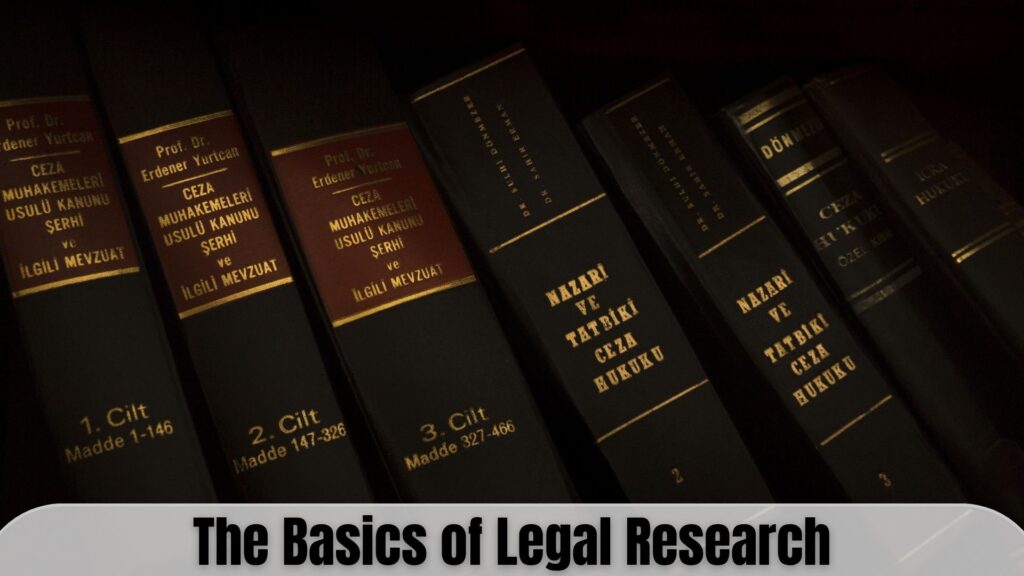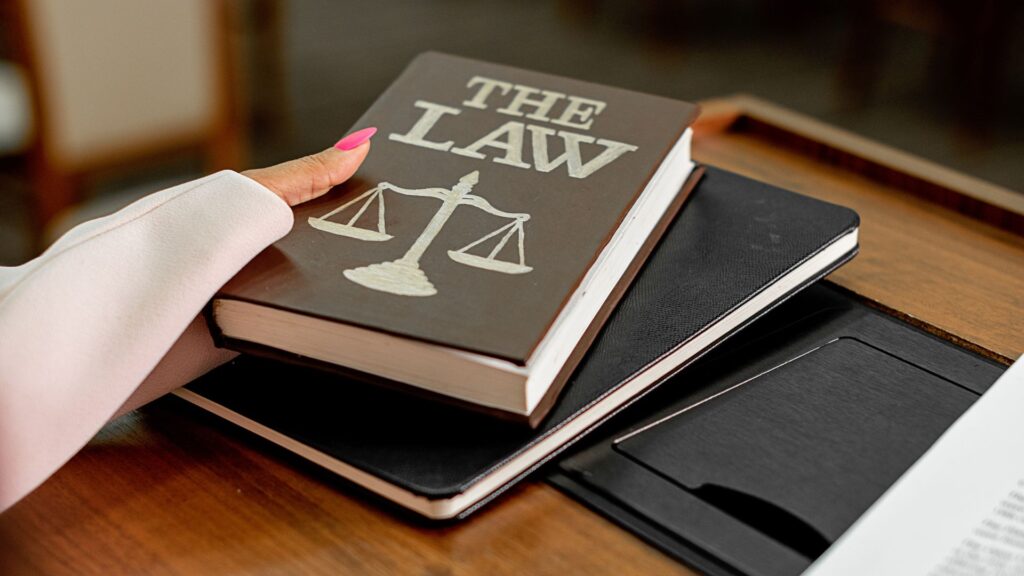Strong legal research and writing skills are essential for law students and professionals, forming the foundation of both academic success and career growth. Whether you’re preparing academic legal writing assignments or trying to hone drafting skills for lawyers as a preparation for your future career, mastering legal writing ensures clear, persuasive communication.
In this blog, we’ll talk about some practical ways to enhance your legal writing and drafting skills, covering techniques for efficient research, improving clarity in writing, and developing strong arguments in both academic and professional contexts.
Understanding the Basics of Legal Research

Effective legal research and writing in law studies requires thorough analysis and clear communication of legal issues. Here’s a breakdown of the key sources for legal research in India:
- Statutes: Always start by understanding the relevant law. Read the full text and understand its application.
- Case Law: Find judicial interpretations of statutes to see how laws are applied in real-world cases.
- Legal Journals: Use these for scholarly opinions and discussions on specific legal topics.
- Secondary Sources: Commentaries and textbooks can help clarify complex legal concepts.
How to Use Online Databases?
- Manupatra: Search for judgments, statutes, and articles using keywords or citation numbers.
- SCC Online: Access Supreme Court case law for detailed legal precedents.
- LexisNexis India: Navigate through comprehensive legal content, including international materials.
- Westlaw India: Find cases, statutes, and journals with advanced search features.
- Indian Kanoon: Use this for quick access to free case law and statutes with user-friendly search options.
These tools enhance your legal writing and strengthen drafting skills for lawyers, aiding. You can improve both academic legal writing and professional legal documents with strong legal writing and drafting skills.
Essential Legal Writing Skills

Legal writing is a critical skill for law students and professionals, requiring a strong focus on clarity, structure, and conciseness. Effective legal research and writing allows you to present your arguments logically and without ambiguity.
Key Elements of Legal Writing:
- Clarity: Use plain language to communicate your points clearly. Avoid unnecessary jargon.
- Structure: Organise your writing with a clear introduction, body, and conclusion.
- Conciseness: Make your points directly and avoid wordiness to ensure your argument stays focused.
Difference Between Academic Legal Writing and Professional Legal Documents:
| Aspect | Academic Legal Writing | Professional Legal Documents |
| Purpose | To explore and discuss legal theories or issues | To present legal arguments or agreements in practice |
| Audience | Primarily professors and legal scholars | Clients, courts, and other legal professionals |
| Tone | Formal, analytical | Practical, often persuasive |
| Citations | Extensive use of footnotes and references | Focus on legal precedents and applicable statutes |
Tips for Maintaining Precision and Avoiding Ambiguity:
- Define legal terms clearly and use them consistently.
- Avoid vague phrases; be specific in your arguments.
- Use active voice to make sentences more direct and clear.
- Support arguments with evidence from case law or statutes, ensuring your legal writing and drafting skills stay sharp and accurate.
Mastering these drafting skills for lawyers can help you create both strong academic legal writing and professional documents that are effective and clear.
Improving Your Legal Drafting Skills
Drafting skills for lawyers are necessary to make sure legal documents (like briefs and contracts) turn out to be clear and correct. Also, they should be easy to understand and yet look professional.
Briefs, for example, are legal documents that present a lawyer’s arguments, facts, and relevant laws to the court in a case. Hence, they require thorough legal research and writing skills. Similarly, drawing contracts also requires careful outlining of the rights, responsibilities, and obligations of both parties to avoid future disputes.
Here are some practical tips to improve your legal writing and drafting skills:
- Use Simple Language: Avoid complicated words. Write in a way that is easy for anyone to understand.
- Organise Your Document: Use headings and subheadings to break down the content, making it easy to follow.
- Keep It Short: Be concise and include only the necessary details. Long sentences can confuse the reader.
- Check Your Work: Always double-check the facts and terms to ensure accuracy.
- Format Correctly: Use the right format for different documents to make them look professional.
Focusing on these tips can help you make both your academic legal writing and professional documents more effective.
Developing a Strong Legal Argument

In both academic legal writing and professional legal documents, strong legal arguments play a key role. And to make your arguments clear and persuasive, you need to structure your legal writing properly.
Structuring an Effective Legal Argument
Here’s a basic format for a well-organised legal argument:
- Introduction: Start by stating the issue or legal question you are addressing.
- Argument: Present your main points logically, backed by legal research and writing.
- Conclusion: Summarise your argument and state the outcome you are seeking.
When you set out to gain practical drafting skills for lawyers, you will realise that legal briefs often follow a similar structure. But do not forget to include case facts, arguments, and legal citations.
How to Organise Legal Research into a Logical Flow?
- Start with the issue: Identify the legal question clearly.
- Present the facts: Lay out the relevant facts of the case in a logical order.
- Use case law: Include relevant case law and statutes to support your argument.
- Link everything: Make sure each point leads smoothly to the next, maintaining a clear flow.
Using relevant case law and statutes is also crucial to strengthening your legal argument and showing how the law supports your case. For example, you might mention:
- Kesavananda Bharati v. State of Kerala (1973) in arguments related to constitutional amendments.
- Maneka Gandhi v. Union of India (1978) in cases involving personal liberty.
Referencing such cases makes your argument more credible and aligned with existing legal precedents – and improves your legal writing and drafting skills.
Techniques for Efficient Legal Research

Effective legal research and writing is key to success in law studies and practice. Here are some scientific, formulaic methods and practical steps to make your research process faster and more efficient.
Time-Saving Methods for Conducting Thorough Legal Research:
- Identify Keywords and Legal Terms (L = f(R)):
Start by identifying specific legal writing keywords related to your case or topic. The more precise the keyword, the more focused the research.
L = f(R),
where L = Legal research, and R = Relevant keyword.
- Use the Boolean Search Method (B = T + F):
Apply Boolean operators like “AND,” “OR,” and “NOT” in legal databases (e.g., Manupatra, SCC Online) to refine your search.
B = T + F,
where T = Targeted results, and F = Filtered through Boolean logic.
- Apply the 80/20 Rule (P = 0.8 * R):
Focus 80% of your time on the most relevant 20% of your research. Prioritise major statutes and landmark cases for efficient academic legal writing.
P = 0.8 * R,
where P = Prioritised research, and R = Research effort.
How to Cross-Check Sources for Accuracy and Credibility?
- Use Multiple Sources: Always verify legal cases and statutes across at least two trusted databases to confirm accuracy.
- Check Publication Dates: Ensure you are using the most recent updates on laws and rulings to avoid outdated information.
- Review Court Judgments: Cross-check case summaries with actual court judgments for accurate interpretation of the law.
- Consult Legal Commentaries: Use recognised legal commentaries to verify the credibility of interpretations or conclusions drawn from case law.
By using these techniques, you’ll refine your legal writing and drafting skills and excel in both legal research and writing for professional or academic legal writing purposes.
In conclusion, mastering legal research and writing is essential for both law students and professionals. Strong legal writing and drafting skills for lawyers ensure clear, persuasive communication, whether in academic legal writing or professional legal documents.
By following practical tips and techniques, you can greatly improve your ability to structure arguments, conduct efficient research, and produce well-crafted legal documents.
Read more: How To Stop Abuse Of Laws In India?
Competition Law In India: How Is Amazon Case Playing Out?





